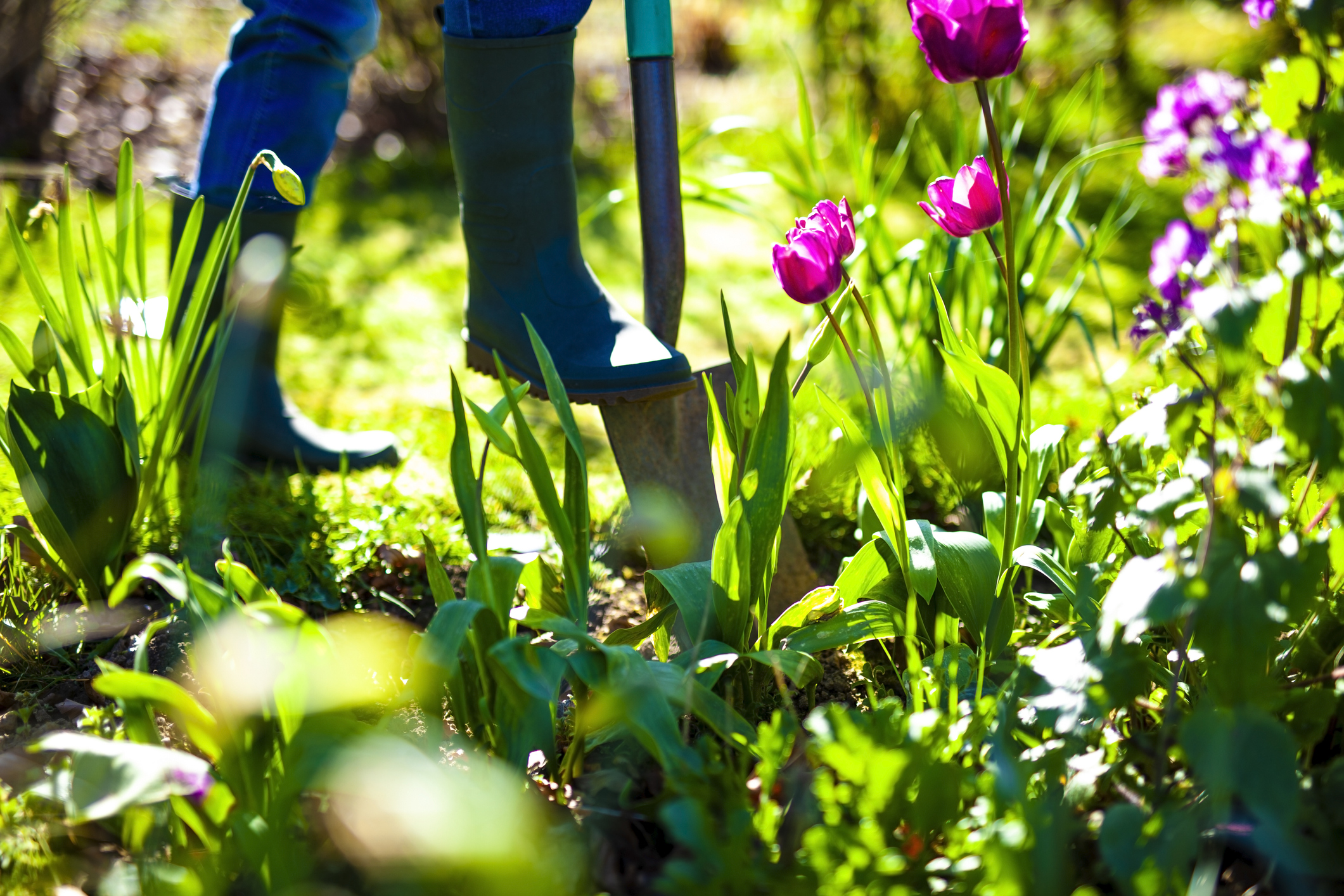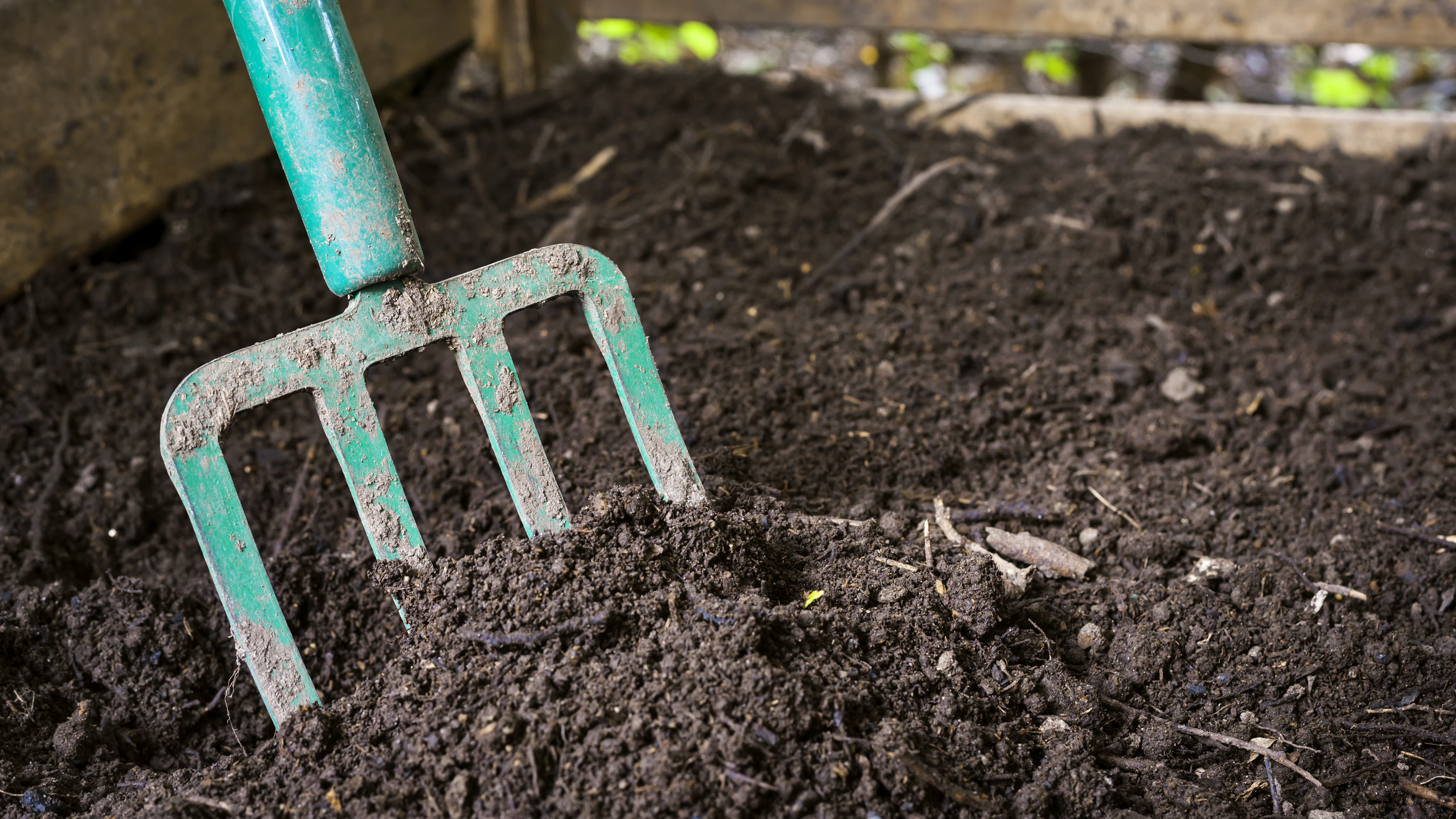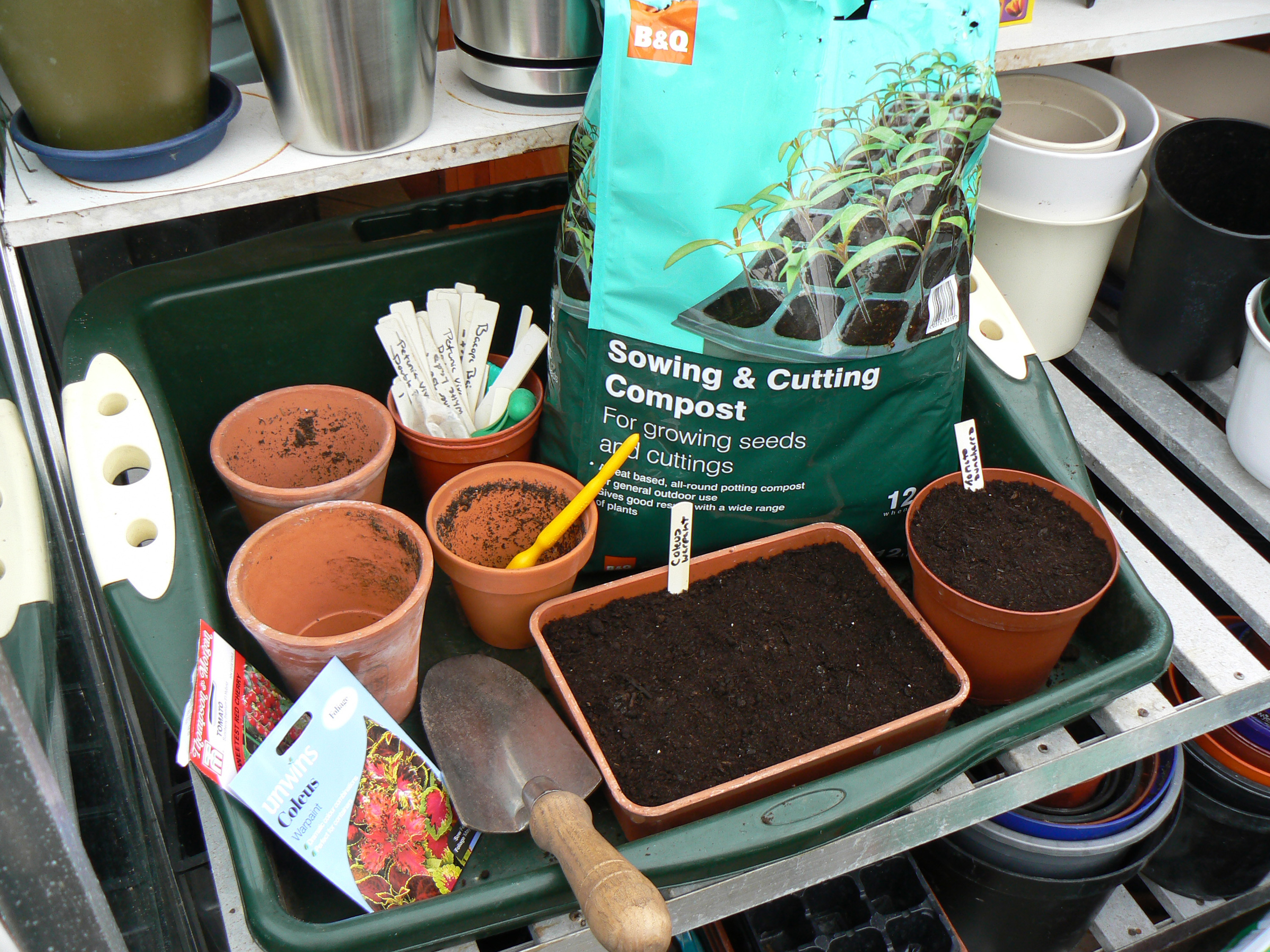Is there a compost shortage? Here's what you need to know in 2021
Wondering whether there is a compost shortage and if you should stock up? Find out whether garden centres are running out

Is there a compost shortage, and should you be stockpiling compost during your trips to garden centres? Last year saw a shortage of compost as the end of the first coronavirus lockdown saw an extraordinary demand for gardening products. An extraordinary collusion of circumstances – a wet winter that hit the production of compost combined with soaring popularity of gardening – led to desperate gardeners snapping up whatever compost they could get.
But what about this year? Of course, you can learn how to compost and make your own, but if you prefer buying your compost from a garden centre, should you be worried that there won't be any?
Is there a shortage of compost in 2021?

The best answer is that it depends on what kind of compost you want. If it's peat-free then you needn't worry. Sarah Squire, Chairman of Squire's Garden Centres, notes that 'compost is certainly in particularly high demand at the moment', but also reassures gardeners that 'we currently have a wide variety of multi- purpose and specialist composts for customers to choose from, including a range of peat-free and reduced peat composts.'
So, the short answer is that no, you don't need to be stockpiling compost, as there is plenty to go around this year. However, if you want peat-based compost, you may run into difficulties getting it, because of the intensifying shortage of peat both in the UK and in Ireland, where 40 per cent of UK peat-based growing material comes from. What you do need to know, though, is that even if you are able to get peat-based compost this year, you probably shouldn't buy it. Here's why.

Why is peat-based compost bad?

- See more: The best compost bin 2021: turn waste into garden gold
Peat-based compost is bad for the environment. It is estimated that UK peat bogs have declined by an astounding 80 per cent, and this is not good news for climate change targets. Peat bogs are complex ecosystems that are very good at trapping carbon dioxide – back in the 1990s, peat bogs held three-quarters of all UK carbon locked up; their loss has contributed to 10 million tonnes of carbon dioxide being released into the atmosphere each year from UK peatlands damaged by extraction, draining, and burning. Peatlands are also an important wildlife habitat; it can take thousands of years to restore a peat bog.
In November 2020, gardening presenter Monty Don joined The National Trust, Friends of the Earth, the RSPB, the Royal Horticultural Society, and many other organisations by signing a letter to the Environment Secretary that called for a total ban on the use of peat by 2025. Monty called the use of peat in compost 'an act of environmental vandalism', saying that 'there is no garden, however beautiful, that justifies the scale of environmental damage or contribution to climate change that peat use causes.' Government ministers have since announced plans to legislate against peat use.
So, next time you're off to your local garden centre, buy peat-free compost, or, if your garden permits, make your own compost.
Anna writes about interior design and gardening. Her work has appeared in Homes & Gardens, Livingetc, and many other publications. She is an experienced outdoor and indoor gardener and has a passion for growing roses and Japanese maples in her outside space.
